WALLED LAKE, Mich. – The sound of drills and hammering filled the air as new windows and a new door were installed in the Foster Farmhouse earlier this spring.
It was just the latest stop on a long journey to bring this 188-year-old Walled Lake landmark back to life.
Jerry Millen, owner of the Greenhouse of Walled Lake, is helping lead the effort.
“There’s a lot of significant history with this building, and if that goes away, people will forget,” said Millen.
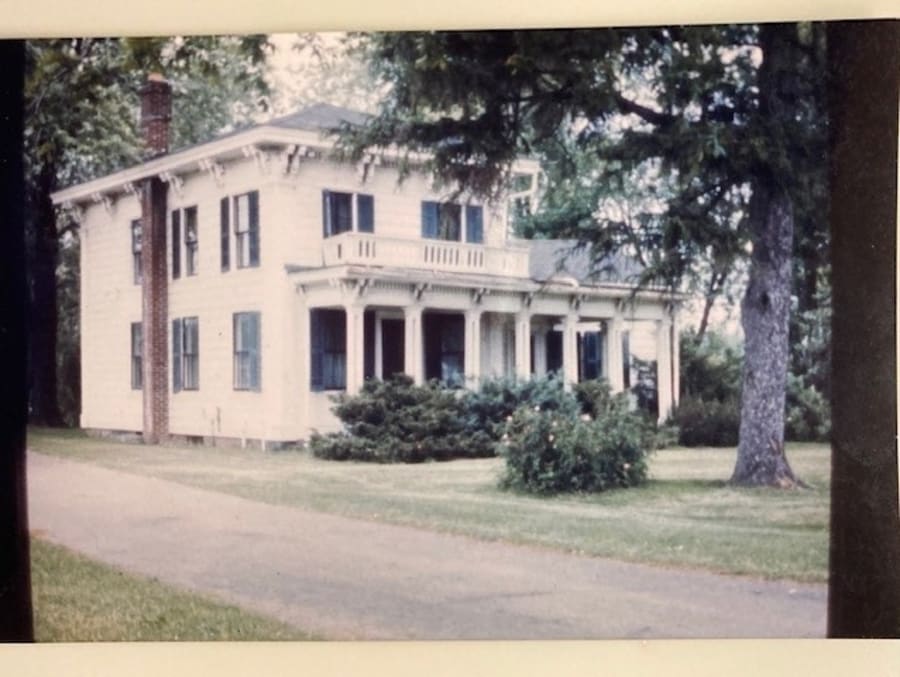
The full name of the home is the Banks-Dolbeer-Bradley-Foster Farmhouse -- the last names of the families who’ve called it home through the years.
Millen’s business is located just across the park.
“I had no idea that I was, you know, a stone’s throw away from a former Underground Railroad location, and more especially, where a family took in runaway slaves back in the day and tried to help them on their path to freedom and that was the Banks family,” said Millen.
The Banks family was headed by Freeborn Henry and Amanda Bassett Banks. They built the home in 1833 and lived there with their six children.
The Banks family offered safe harbor for slaves escaping to freedom -- a place to rest, eat, and get funds to continue on to Canada.
The Banks were also raising a trailblazer. Their daughter, Sarah Gertrude Banks, would become one of the first women to graduate from the University of Michigan Medical School in 1873.
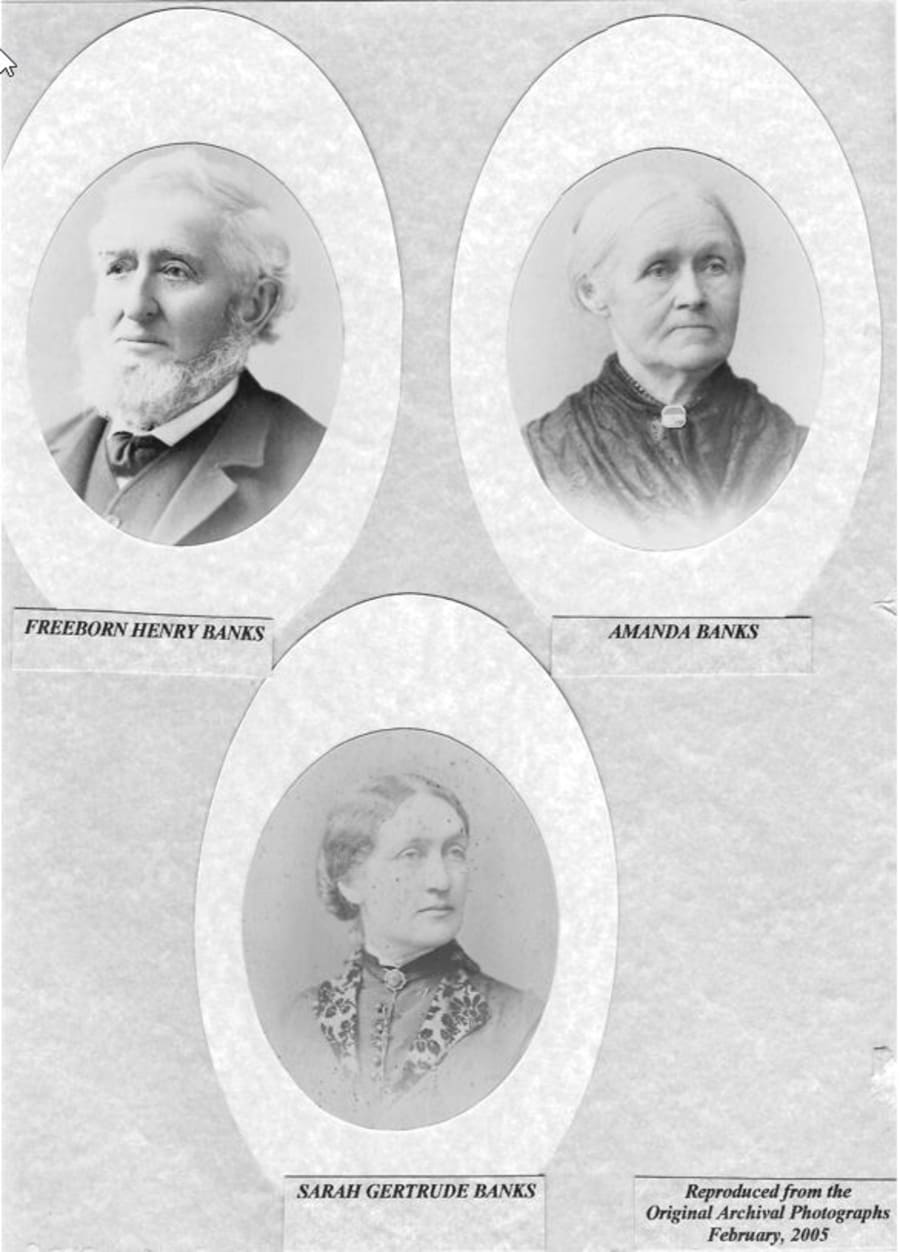
Dr. Joel Howell is the Elizabeth Farrand Professor of the History of Medicine at the University of Michigan. He has written extensively about the first women admitted to the medical school in his book, “Medicine at Michigan: A History of the University of Michigan Medical School at the Bicentennial.”
“I wish I could tell you that they were well treated. They were not,” said Howell. “They had to be very strong, and they were very strong. It’s interesting when we, when you look at the grades of the first women who entered the University of Michigan Medical School, even though faculty thought they shouldn’t be there, some faculty did, the women actually got better grades than the men. So they did better.”
Dr. Sarah Banks went on to a lengthy and remarkable career. She would become just the second female physician in the city of Detroit, caring for many prominent families, including Clara Ford. But she also cared for the poorest women and children of the city.
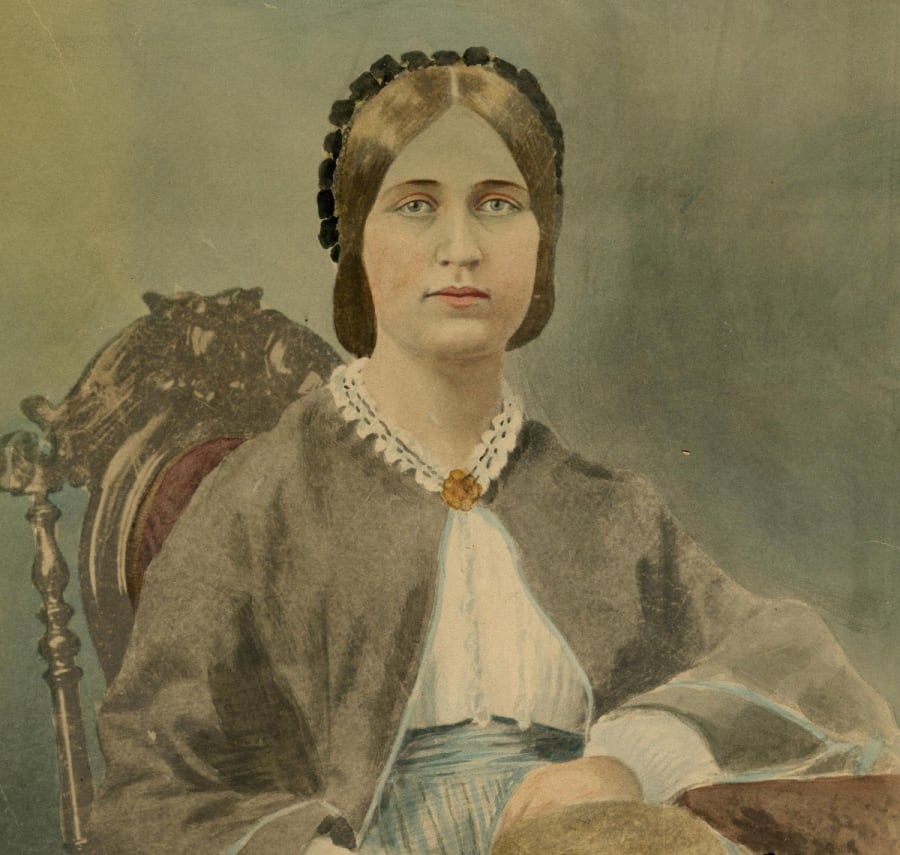
“To be caring for a very distinguished, obviously quite wealthy woman says something about the status that she held among the community, that people trusted her,” explained Howell. “But taking care of the poor, taking care of, of marginalized members of society was not commonly done, and those who did it generally didn’t tend to take care of a lot of other people, so she deserves a lot of credit for that.”
Her contributions weren’t limited to medicine. Banks championed the first free supervised playground for children in Detroit.
She was friends With Susan B. Anthony and fought alongside her for women’s right to vote.
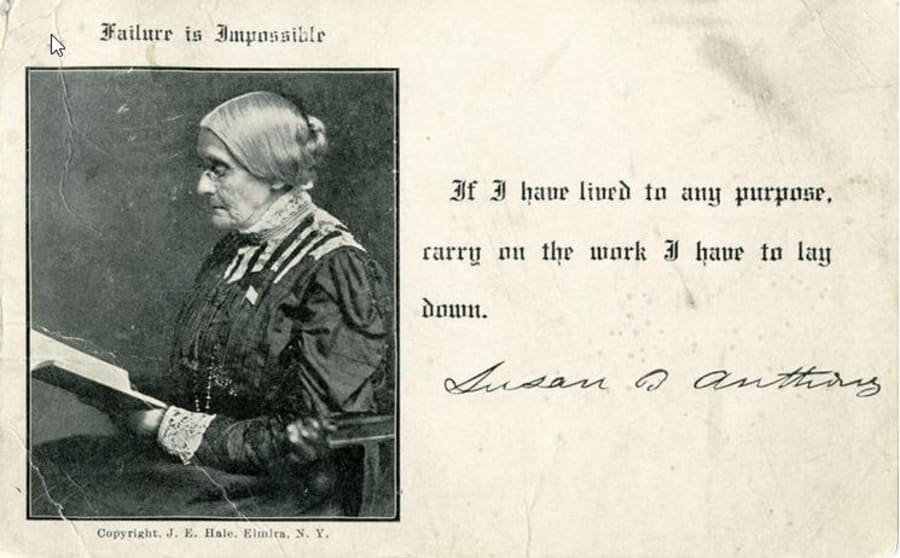
“Not only did she have the extraordinarily radical notion that women could be good physicians, she also thought that women should have the right to vote,” said Howell. “She was a wonderful example of somebody who was standing up not only for herself but for lots of other people. She had the courage of her convictions.”
It’s the Banks family’s courage and convictions that have inspired those trying to save the Foster Farmhouse.
Efforts to preserve it date back to the 1970′s. But in the 90s, a new condo development threatened its destruction.
The “Friends of the Foster Farmhouse” raised enough money to move the home to its current location in Riley Park, but struggled to find funds to make much-needed repairs and renovations.
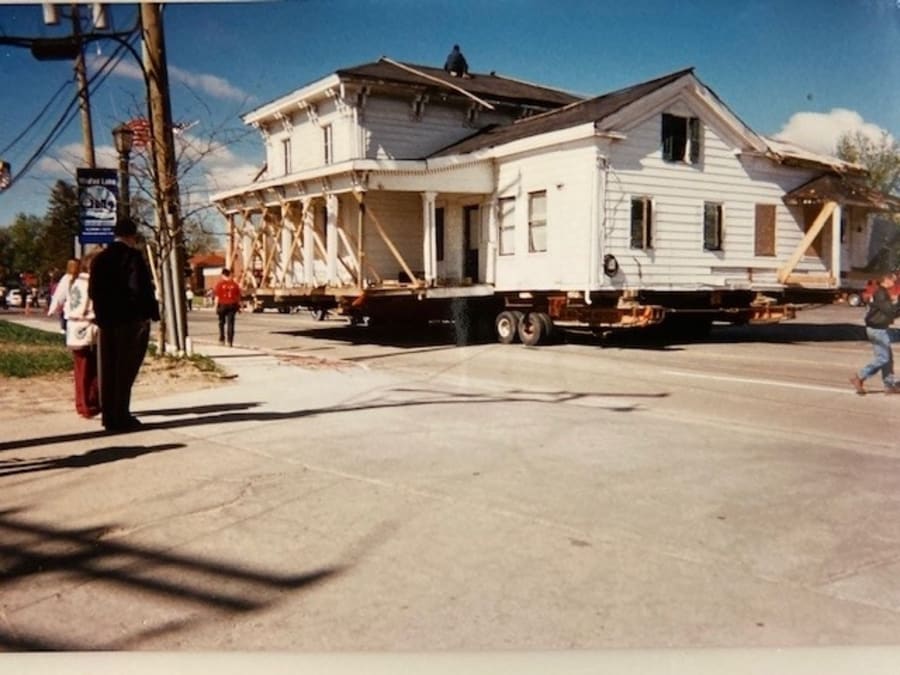
Millen hopes to help finally push the efforts across the finish line.
“I’m probably about $10,000 in. When I’m done, who knows,” said Millen.
It’s worth it, he said, to bring the house, and its stories, back to life.
“For future generations and for kids to come in to see what it was like and understand the importance of the history because if it goes away, the history goes away,” said Millen. “So I think it’s important to help keep this house restored as best we can for as long as we can so kids can learn.”
Darin Dell and his crew from Specialty Windows, along with supplier Antcliff Window and Doors, donated time and supplies.
“Any time you can be involved in an event like this, a home like this, something that brings back history, it means a lot to me, and it’s good to be a part of it,” said Dell.
After so many years and so many efforts to preserve the Foster Farmhouse, the progress is a welcome sight for longtime supporters.
“There is a renewed vigor, with Jerry Millen’s help, sparkplugging the fixing up of the farmhouse,” said Walled Lake City Councilman John Owsinek. “We will get this thing up and running. We’re not done yet, but this is a stepping stone.”
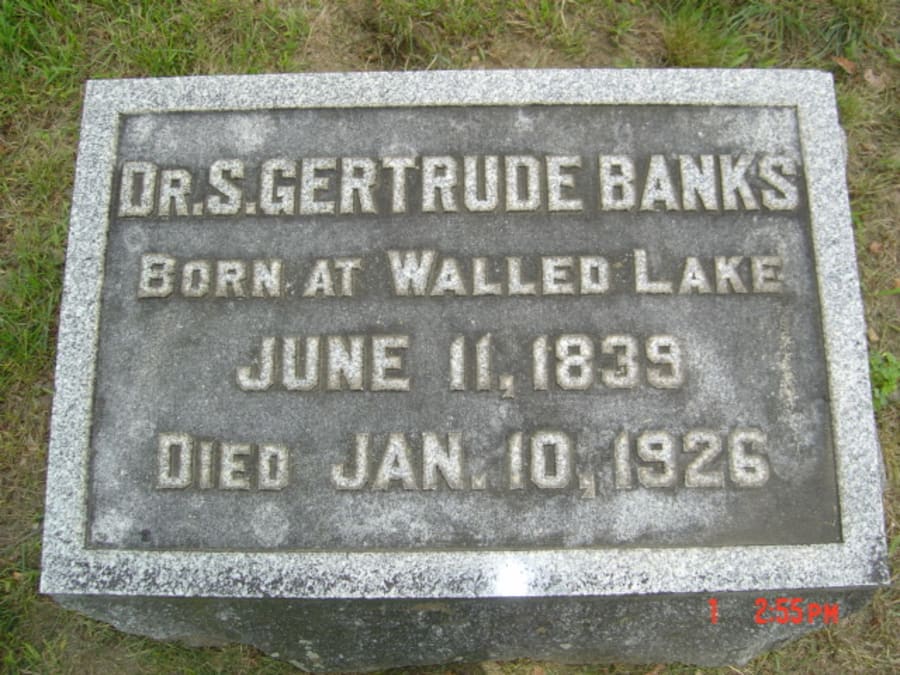
The first room of the Foster Farmhouse will be open for tours at The Walled Lake Beach Party on June 19. The home is located at 239 Common Street in Walled Lake.
Millen is hoping more local contractors and restoration companies will step forward to contribute their talents and materials to help finish the home. You can contact Millen at info@greenhousemi.com.
Related:



